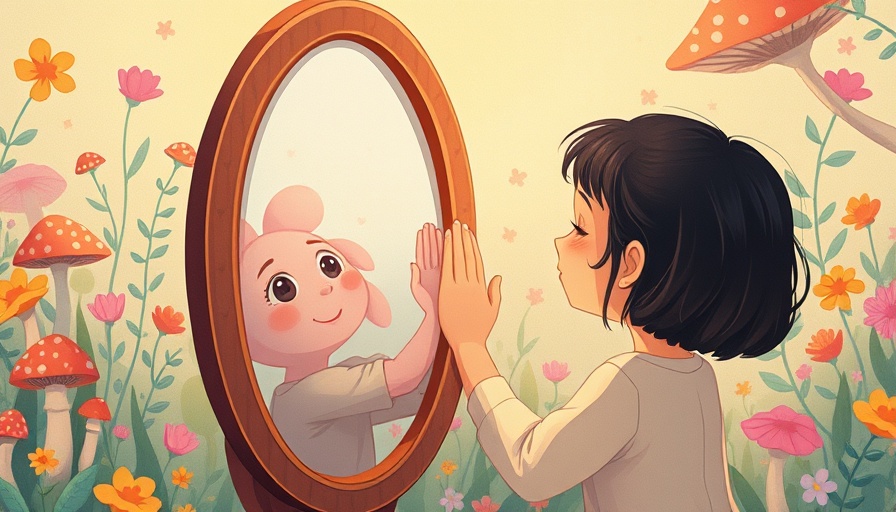
Transforming Toxic Friendships into Personal Growth Opportunities
In exploring the dynamics of friendship and personal growth, we often find ourselves reflecting on the impactful relationships around us. Recently, I navigated a friendship with a person I’ll refer to as Simon. This connection, while incredibly challenging, served as a mirror, prompting profound self-discovery and development.
The Uncomfortable Reflection: Understanding Narcissistic Behavior
Dealing with Simon was like looking into a distorted mirror. His behavior, marked by narcissistic traits, revealed patterns that I, too, had struggled with in the past. Narcissism is characterized by a lack of empathy, an inflated sense of self-importance, and, often, manipulation. I observed how he hurled insults and gaslighted with ease, leading me to question my own reality.
This experience opened my eyes to how others can reflect our insecurities and past behaviors. In highlighting Simon’s darker tendencies, it was hard not to draw parallels to my own experiences. I remembered moments from my past where ego drove my actions, leading to unhealthy exchanges, particularly during an addiction crisis.
The Empathy Factor: Recognizing the Complexity of Relationships
While I faced Simon's toxicity, I found myself grappling with genuine compassion for him. His struggles, including job loss and addiction, resonated with my past battles against self-doubt and substance use. Understanding his pain helped me cultivate empathy, but it also forced me to set boundaries for my mental well-being. This juxtaposition, feeling both for and against someone, is often part of the friendship experience, especially when personal growth is involved.
The Power of Self-Reflection: Learning from Negative Interactions
Engaging with Simon's toxic traits illuminated areas for my own personal development. His refusal to accept criticism shook loose my past patterns of defensiveness, especially during times when my ego felt threatened. Reflecting on these moments is vital. They are not just lessons in what to avoid in my interactions but also an invitation to acknowledge and grow from my shortcomings.
As I moved forward, I realized that ending this friendship wasn’t just a step toward self-preservation; it was also a commitment to my own self-improvement. By letting go, I opened space for healthier relationships and personal growth opportunities, reinforcing my commitment to self-care over the toxic interactions.
Setting Boundaries for Personal Growth
With clarity comes the realization of how essential boundaries are in our lives. Relationships should uplift, not drain us, and creators of chaos like Simon illustrate that not all connections serve our highest good. Learning to say no and distancing ourselves from toxic influences is a key step in our journey of self-development.
Now, eyeing the future, I am more equipped to embrace relationships that foster positivity, empathy, and support. With each setback, like my experience with Simon, I move closer toward my goals of self-growth, ensuring I remain focused on what truly matters.
Finding Your Path Forward
If you find yourself in a similar situation with a toxic friend, remember that you too have the right to let go. Embrace the lessons learned, no matter how painful, as they can encourage powerful change within you. Reflect, set healthy boundaries, and prioritize relationships that empower your self-development. It's crucial to evolve past those who hinder our growth.
Ultimately, every relationship and experience counts toward your personal development journey. Accept the gifts of insight they bring, nurturing your spirit along the way. Your well-being should always come first; let these lessons shape not just who you are but who you aspire to be.
 Add Row
Add Row  Add
Add 




Write A Comment